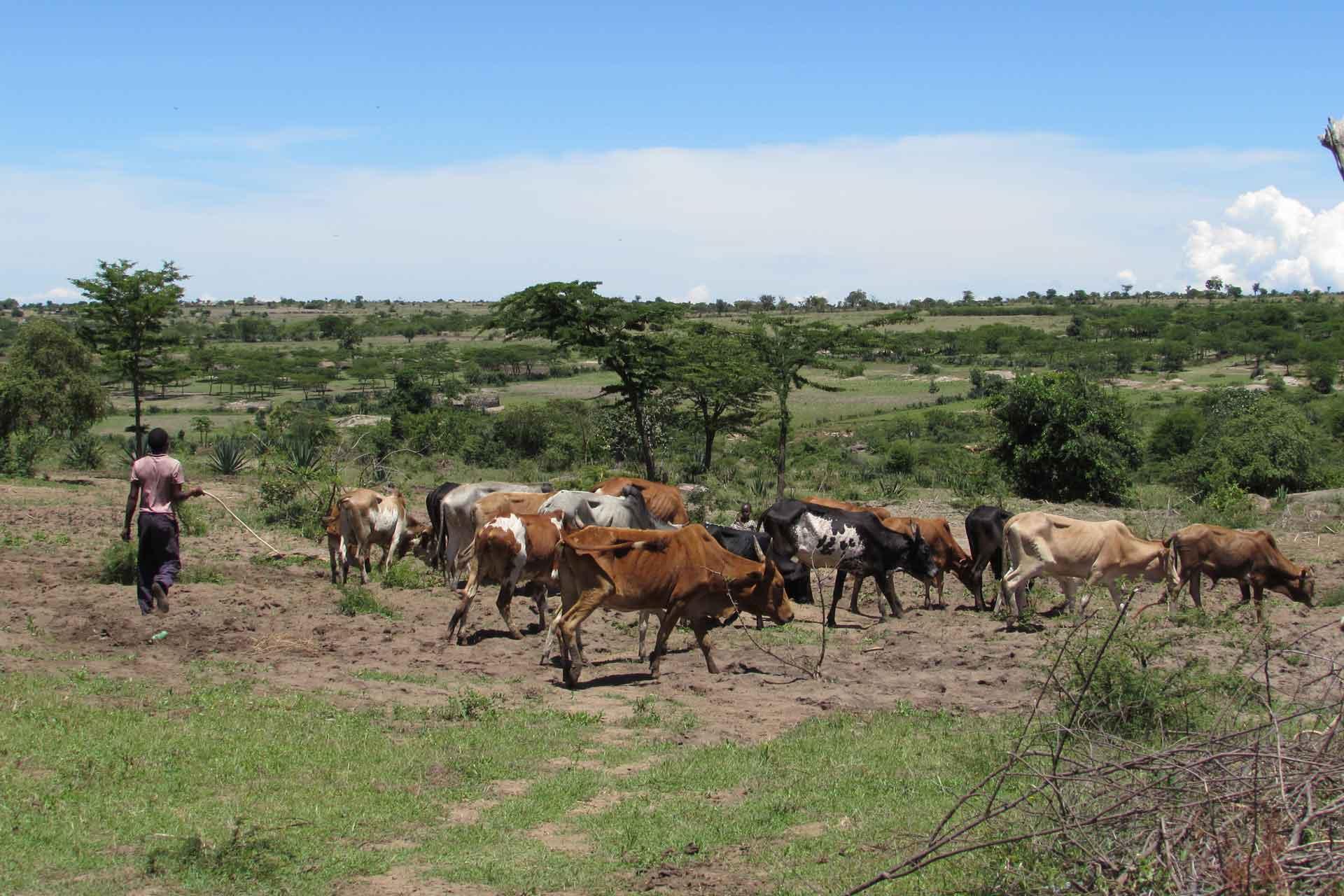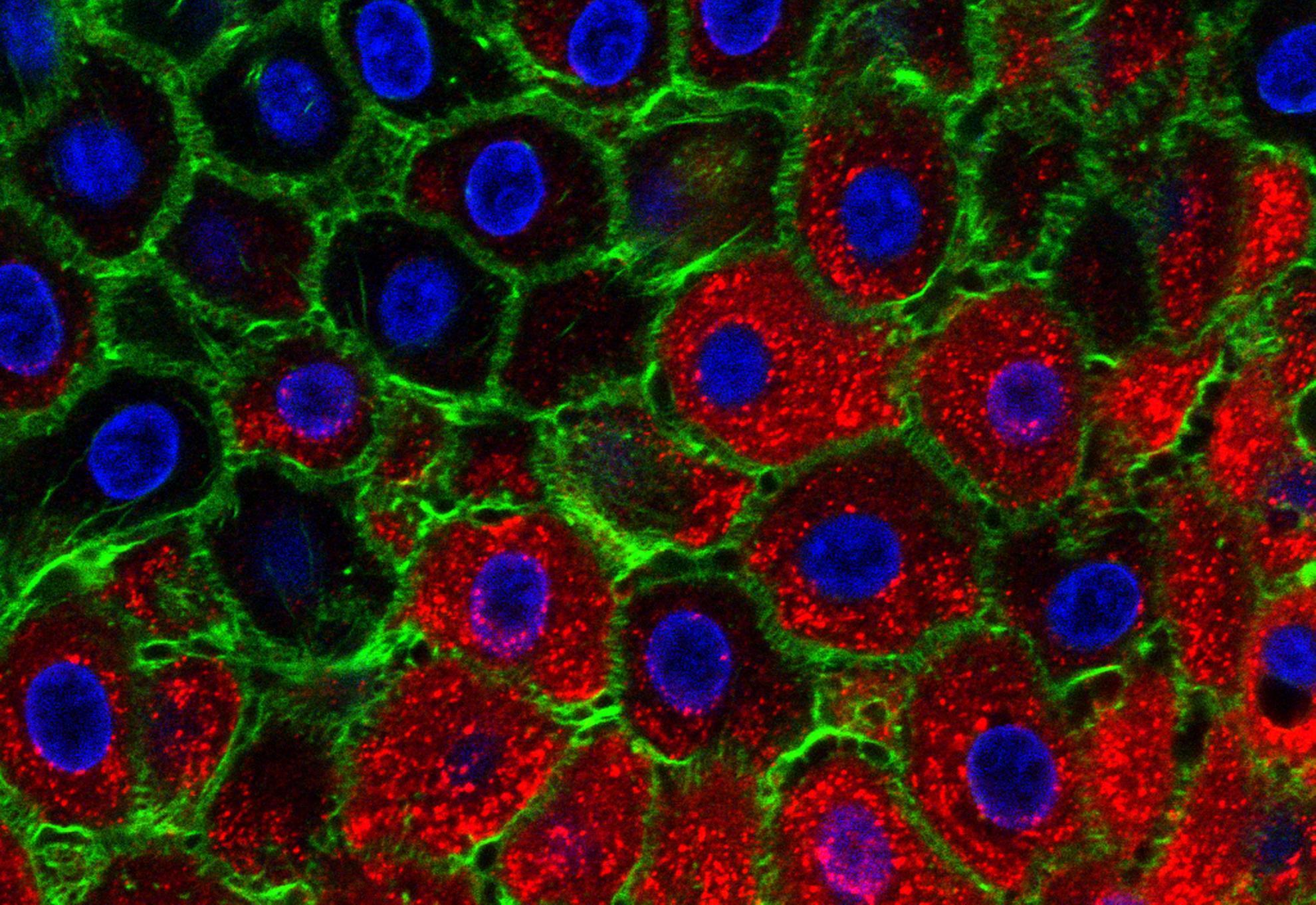Waves of endemic foot-and-mouth disease in eastern Africa suggest feasibility of proactive vaccination approaches
Livestock production in Africa is key to national economies, food security and rural livelihoods, and > 85% of livestock keepers live in extreme poverty. With poverty elimination central to the Sustainable Development Goals, livestock keepers are therefore critically important. Foot-and-mouth disease is a highly contagious livestock disease widespread in Africa that contributes to this poverty. Despite its US$2.3 billion impact, control of the disease is not prioritized: standard vaccination regimens are too costly, its impact on the poorest is underestimated, and its epidemiology is too weakly understood. Our integrated analysis in Tanzania shows that the disease is of high concern, reduces human health budgets, and has major impacts on milk production and draft power for crop production. Critically, foot-and-mouth disease outbreaks in cattle are driven by livestock-related factors with a pattern of changing serotype dominance over time. Contrary to findings in southern Africa, we find no evidence of frequent infection from wildlife, with outbreaks in cattle sweeping slowly across the region through a sequence of dominant serotypes. This regularity suggests that timely identification of the epidemic serotype could allow proactive vaccination ahead of the wave of infection, mitigating impacts, and our preliminary matching work has identified potential vaccine candidates. This strategy is more realistic than wildlife-livestock separation or conventional foot-and-mouth disease vaccination approaches. Overall, we provide strong evidence for the feasibility of coordinated foot-and-mouth disease control as part of livestock development policies in eastern Africa, and our integrated socioeconomic, epidemiological, laboratory and modelling approach provides a framework for the study of other disease systems.

